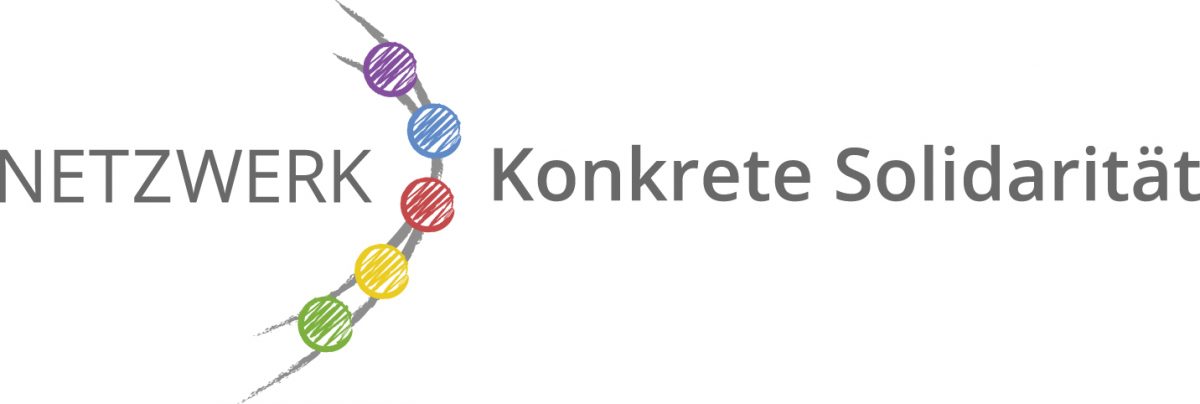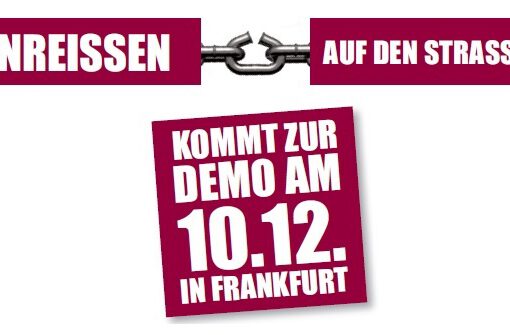Today we take a look at some questions and the complements they ask for:
Wer? – Who? – asks for the subject (nominative case) or a nominative complement (in the case of persons, if we talk about things or events we ask ‚was‘-what)
Wer ist das? – Who is this?
Das ist seine Freundin. – That’s his girlfriend.
Explanation:
The verb ‚ist'(3rd person singular of ’sein‘, to be) requires a nominative complement, here ’seine Freundin‘. We ask ‚wer‘ because it’s a person we talk about and not a thing or event.
Wen? – Who? – asking for accusative complements (in the case of persons). In the case of things or events we ask ‚was'(what).
Example: Wen triffst du morgen? – Ich treffe meinen alten Freund Hans. / Who will you meet tomorrow? – I will meet my old friend Hans.
Explanation: The verb ‚treffen‘ requires an accusative complement, here ‚meinen alten Freund Hans‘. ‚Wen‘ asks for this complement. We ask ‚wen‘, because it’s a person we talk about and not a thing or event.
Was? – What? – Asking for nominative or accusative complements (in the case of things or events).
Was ist das? – Das ist eine Mikrowelle.
Explanation: ‚ist'(3rd person singular of the verb ’sein‘) requires a nominative complement, here ‚eine Mikrowelle‘. We use ‚was‘ here because it’s a thing we talk about and not a person.
Was brauchst du? – Ich brauche einen neuen Computer.
Explanation: ‚brauchen‘ requires an accusativ complement, here ‚einen neuen Computer‘. ‚Was‘ asks for this complement. We use ‚was‘ here, because it’s a thing we talk about and not a person.
Wem? – asking for dative complements
Examples: Wem gehört der Rucksack? – Der gehört mir.
‚gehören‘ is a verb that requires a dative complement, here ‚mir‘. ‚Wem‘ is the question to ask for this complement.
Wessen? – Whose? – Asks for a relationship or kind of possession (genitive attribute)
Wessen Handy ist das? – Das ist Marias Handy. / Whose mobile is that? – It’s Maria’s mobile.
ATTENTION! You don’t use the apostrophe to express the ownership in German, you use it only if the last letter of a name is already a „s“, like in „Das ist Markus‘ Katze.“
Wessen Haus ist das? – Das ist das Haus meines Bruders. / Whose house is that? – That’s the house of my brother.
REMEMBER! Possession is often expressed with „of“ in the English Language. In German you can use the preposition ‚von‘ + dativ case or the genitive Case (without preposition)
Examples:
Das ist das Haus meines Bruders. – This is my brothers house.
Das ist das Haus von meinem Bruder. – This is the house of my brother.
Wie? – How? – Asking for modal specifications and adjectival complements
Wie geht’s dir? – Es geht mir gut, danke!
Explanation: The verb „es geht“ requires a dative and an adjective complement. ‚gut‘ is the adjective complement. ‚Wie‘ asks for this complement.
Woher?, Wohin? – Where…to?, Where…from? – Asking for directive complements
Wohin gehen die beiden? – Sie gehen nach Hause.
Explanation: ‚gehen‘ is a verb, that requires a directive complement, in this case „nach Hause“. ‚Wohin‘ is the question to ask for this complement.
Woher kommt Klaus? – Er kommt aus Berlin. / Where is Klaus from? – He comes from Berlin.
Explanation: ‚kommen‘ is a verb, that requires a directive complement, here „aus Berlin“ Woher is the question to ask for this complement.
Wo? – Asking for situative complements (where?)
Wo bist du? – Ich bin im Kino.
Where are you? – I’m in the cinema.
Explanation: ’sein‘ has a situative complement here, ‚im Kino‘. ‚Wo‘ asks for this complement.
Wo wohnt Johanna? – Sie wohnt in Düsseldorf.
Where does Johanna live? – She lives in Düsseldorf.
Explanation: ‚wohnen‘ requires a situative complement, here ‚in Düsseldorf‘. ‚Wo‘ asks for this complement.


